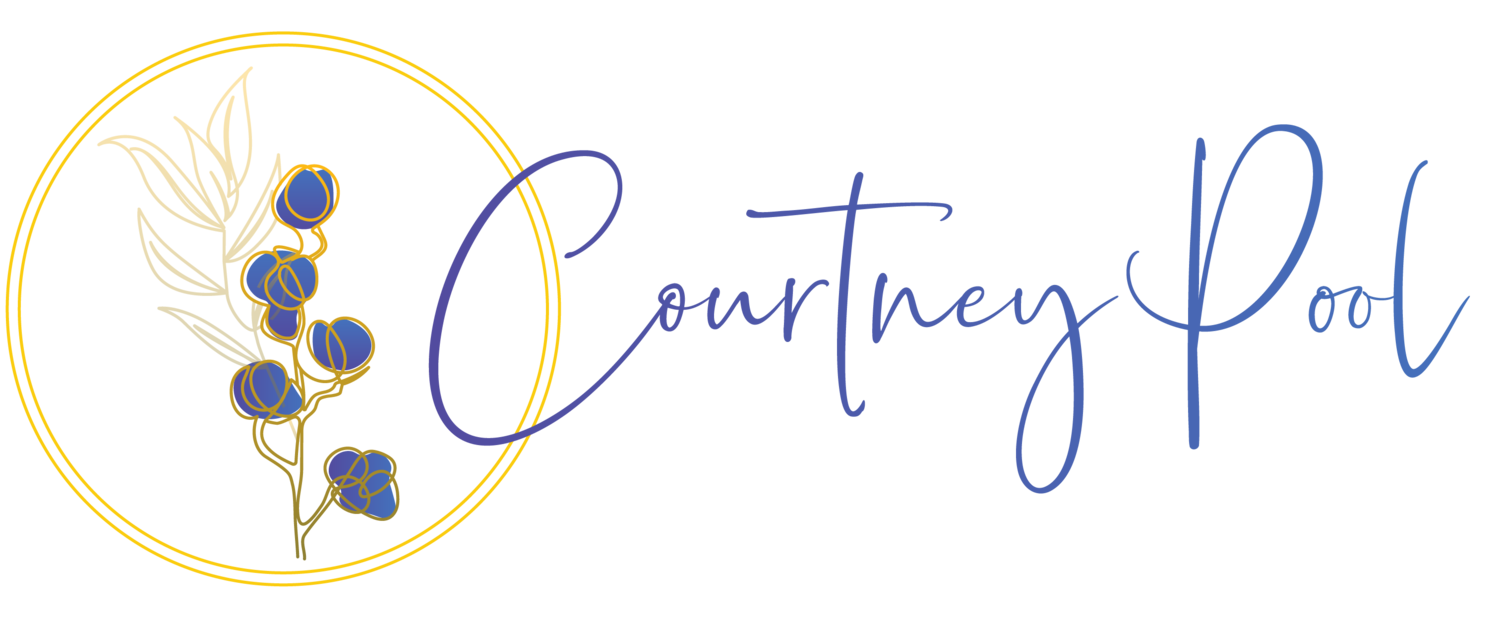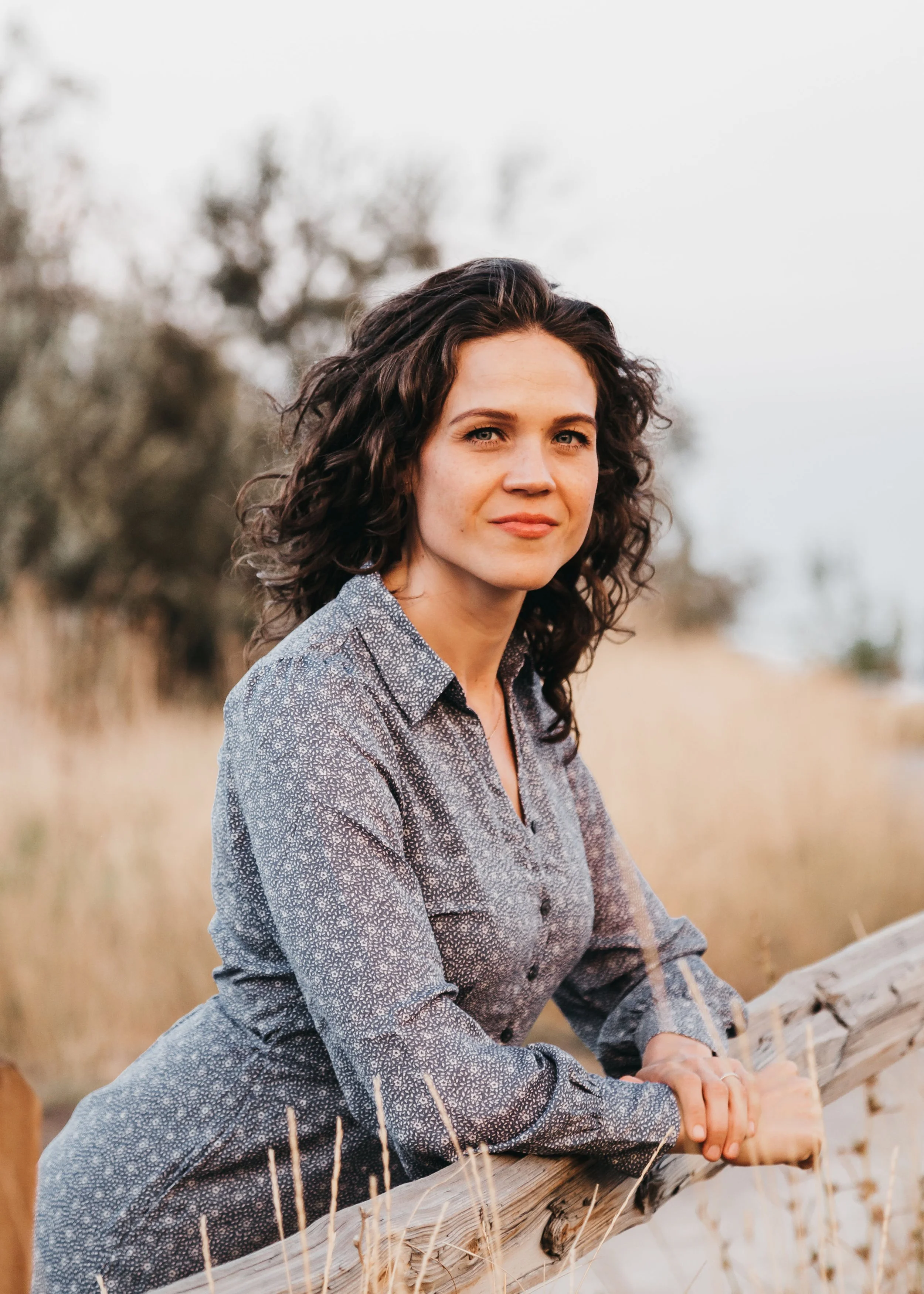When I Looked Up “Hunger” in the Dictionary
When I was a teenager, I looked up the word "hunger" in a dictionary.
I had realized that I wasn't sure I ever let myself get hungry, and I was hoping the dictionary might hold a description of what it felt like.
I was sneaking candy by the time I was five years old and I binged on pizza by the time I was eight. All my life, I kept myself chronically stuffed.
When I was in middle school, every day I'd come home from school, make a large plate or two of nachos with beef, drink a few glasses of milk and have a stack of cookies only to eat dinner a short while later.
My childhood was a glossy facade of a scene of a perfect family covering over a great deal of dark issues.
But because the dark issues were not blatant like some people experience (no one did drugs or was alcoholic, no one was getting constantly beaten up), I believed the story.
The story was, we were the perfect family, the most loving, moral, Godly, smart, close family. We were perfect, we were superior.
And yet I had started to numb out with food, to use food as a drug, as young as I can remember.
For me, like for any child who does this, this was an indicator of just how bad the environment felt for me emotionally, and how much pressure there was in the family for me to numb out of what my emotions and reactions were telling me about the truth of my family.
As children we do not have many options for comfort and to numb out of our feelings, and food is often the go-to, especially for people of my generation and older, who didn't have so many options with technology to serve this purpose.
There was an unspoken, emotional demand in my family to believe the family facade, which led to the automatic dismissal of all of my emotions. To comply with this demand, I had to use something addictively, and I used food.
In our process to heal food addictions, we must trust that there is a reason why we compulsively ate and why we wanted to tune out.
We can have the courage to explore that, and to seek the truth about our childhood and our family dynamics.
Photo by Katie Sue Photography

